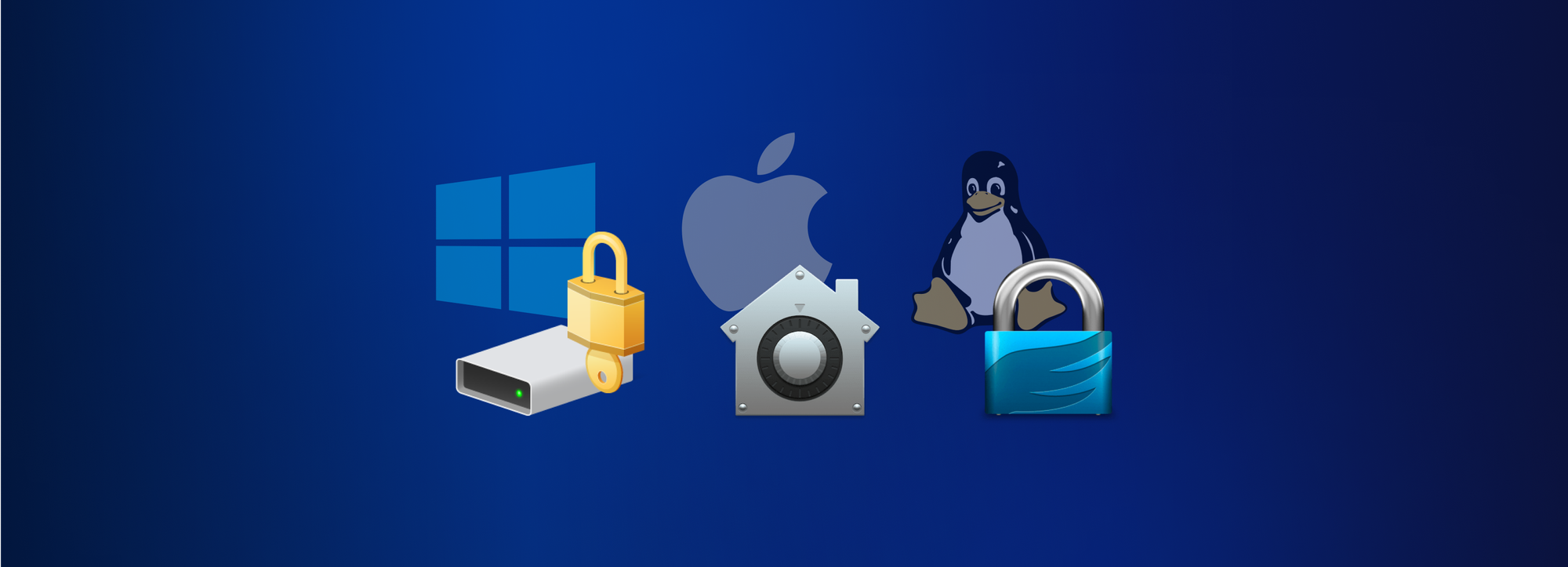9 advantages and disadvantages of cloud storage solutions

Is Tresorit the best cloud storage solution to keep your data under your control?
To help you navigate the dozens of cloud storage providers out there, we have compiled an overview of some of the most important aspects to consider – let’s take a look at 9 advantages and disadvantages of cloud storage, so that you can find the best fit for your business (or personal) needs.
I. The advantages of cloud storage
1: Pay as you go
A good thing about cloud storage providers is that they will only ask you to pay for the storage capacities you use, with the possibility to scale up and down dynamically. Moving to the cloud means you no longer have to manually maintain and expand your storage capacities. Having to pay for new servers, hard drives, and ever-increasing electricity bills becomes a thing of the past. This is a great cloud storage advantage that motivates many businesses to migrate to the cloud.
2: Accessibility
When using cloud storage services, your data is stored on cloud providers’ servers and can be accessed via the internet. Since the cloud provider's application can be installed on multiple devices, like your company computer or smart phone, you can access your data anytime, anywhere. Logging in and collaborating with other team members has never been easier. The app also ensures the synchronization of your files, so team members will always have access to the latest version from the device of their choice.
3: Uninterrupted business continuity
Storing your data in the cloud comes with another great benefit: the prevention of data breaches caused by human error (unintentional data deletion, maintenance errors, device theft or loss) or natural causes (flood, fire, or earthquake). The existence of an emergency backup plan that ensures all important data is regularly copied to another geographical location might save your company’s future if a site becomes compromised or if crucial data gets deleted inadvertently.
4: Speed
It depends on the cloud storage provider, but in general, backing up data simultaneously on multiple remote servers is still faster than backing up data on your company’s hard drive.
5: Keeping up with technology
One of the costliest undertakings is keeping a company’s IT infrastructure up to date. It can also be a big challenge to convince the company’s decision-makers of its importance. A huge plus in favor of cloud storage providers is to keep up with the latest technology, which removes the need for you to invest in expensive infrastructure.
6: Security
The use of cloud storage services comes with certain inherent security risks that must be considered. However, you have to ask yourself: Would a non-IT company care as much about security as providers who make a living out of offering digital services and must be at the top of their game to retain their customers? An important consideration here is that investing in the security of their own infrastructure is generally not the companies’ top priority, unless they are in the IT industry. If you choose a trusted cloud storage provider, you can benefit from high-level security with considerably less effort and investment.
Now let’s look at 3 disadvantages that come with cloud storage solutions.
II. The disadvantages of cloud storage
1: Vulnerability to attacks
You might think that when you store your data on your own hard disk it’s safe, right? Well, that’s only true if you keep all your data on a legacy computer with no connection to the internet, like George R.R. Martin did with his Game of Thrones book series. But since every personal computer and device is now usually connected to the internet, your data is not really safe anymore. So what makes data stored in the cloud more prone to ransomware attacks and data breaches?
Well, what do you think would be more appealing to a criminal in terms of looting: your flat with a PlayStation 4 as your most prized possession or a safe full of money? That’s exactly why hackers would rather choose to attack weakly protected cloud services that don’t use strong encryption than your personal computer, as this would guarantee that they get their hands on valuable data.
There is another aspect to entrusting mainstream providers with your valuable data: In the age of excessive data abuse, you can never be sure whether your data or metadata are being used for marketing purposes. This is a significant drawback of cloud storage you have to always keep in mind when choosing a cloud provider and examining their security architecture.
2: Compliance with legal regulations
Legal regulations like the GDPR, EU Privacy Shield, FISMA, HIPAA, and TISAX that stipulate special measures for storing business-critical or personal data could impose a great deal of pressure on all types of businesses from a compliance perspective. Consequences of a data breach could be devastating for the reputation of your business.
If you entrust all your invaluable data to a cloud storage provider, it becomes their responsibility to keep it safe – but you will suffer the consequences if this fails. For your own good, you should carefully investigate how transparent different storage vendors are regarding their security practices before signing a contract.
3: You rely on an internet connection
Ever experienced the frustration, when the internet went down only for a couple of hours and you felt like being thrown back to the Stone Age? Nowadays, hardly any work can be done completely without the internet, and the services of storage providers can also be affected by service disruptions. Regular synching of your files might slow down the overall bandwidth, or your files might become temporarily unavailable in the cloud. It is expected that the backing-up and restoring of data also takes more time in the cloud. In addition, hackers often launch DDOS attacks against cloud services in order to flood their network traffic and slow down service availability.
After having read the above-mentioned benefits and drawbacks, you might be wondering: Isn’t there a more secure cloud storage solution that I could choose? If this thought has crossed your mind, you’re in the right place – let us introduce you to a real gamechanger: encrypted cloud storage solutions.
What is cloud encryption and why is it important?
In a nutshell, end-to-end-encryption is about ensuring with cryptographic means that valuable data is only readable for the intended persons. In the case of regular cloud storage services, your data is transferred via partly encrypted channels, processed by providers without your knowledge, and mostly kept in unknown locations.
Therefore, you have little control over how your data is handled and what security measures are in place to protect your digital valuables. That’s why end-to-end encryption has become the standard for protecting confidential information when using digital services.
Cloud storage encryption can counter many of the cloud services’ disadvantages. Let’s see in a bit more detail how encryption can help.
III. Benefits of choosing an encrypted cloud storage solution
1: Keep data loss and hackers at bay
Any storage that hosts the data of hundreds of companies would be a real treasure trove for cybercriminals. Thus it comes as no surprise that storage providers are often targeted by hackers. If your data is kept encrypted at all times, it will be of no value to hackers if they manage to get a hold of it, as they won't be able to read it. Ransomware and malware attacks can essentially be rendered harmless this way.
2: Easy compliance with data privacy regulations
To comply with data protection regulations like the GDPR, HIPAA, TISAX, and CCPA, you must ensure that certain types of information, like sensitive personal or business information, are protected at all times. If you encrypt this type of data, then you will be able to safeguard it from data leaks and pass your compliance audits as well.
IV. How can Tresorit help you?
At Tresorit, our credo is simple, we encrypt everything to know nothing. Our patented zero-knowledge end-to-end encryption ensures that only you and the people you selected can access your data – and no one, not even our cryptography experts, can circumvent the power of our technology.
Are you interested in finding out more about what makes Tresorit the most secure place in the cloud? We’ve collected all this useful information for you on our Tresorit Security overview page.
Ready to get started? Check out Tresorit’s plans and pricing to find what’s right for you!






